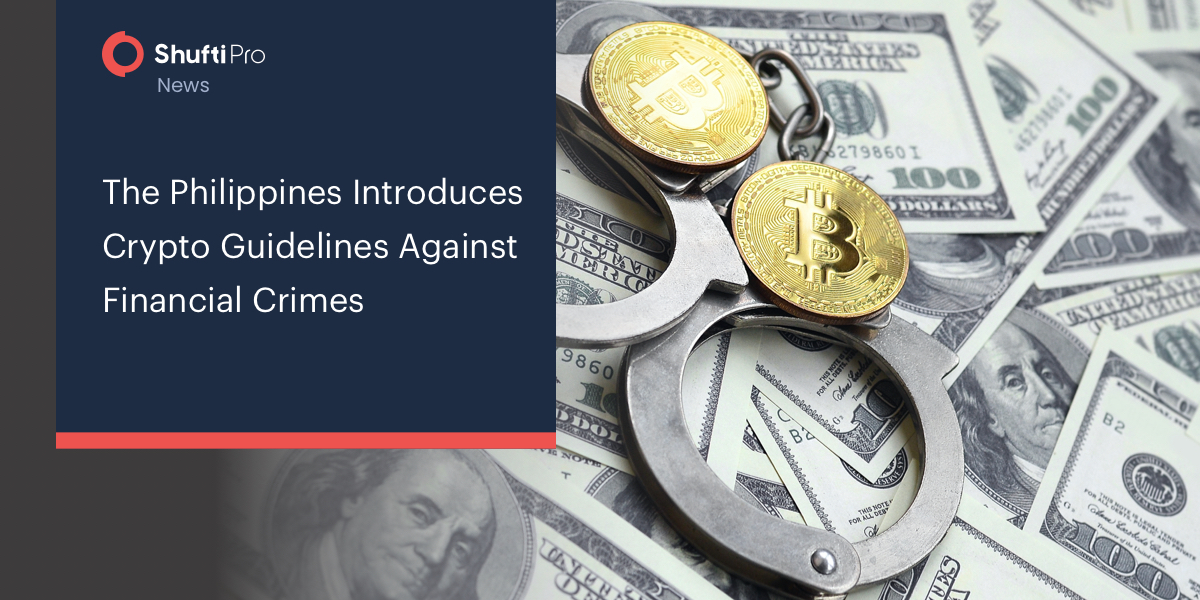The Philippines Introduces Crypto Guidelines Against Financial Crimes

The Philippines Monetary Board (MB) has approved the guidelines regarding the virtual assets service provider (VASP). The organizations that are linked to financial services through virtual assets also come under the guidelines. This is done to promote the regime of financial innovation while dealing with the risks by the Bangko Sentral. These guidelines are the improvement of the virtual currency regulations that were passed in 2017.
BSP Governor Benjamin E. Diokno said that “We have seen accelerated growth in the use VCEs in the past three (3) years and it is high time that we broaden the scope of existing regulations in recognition of the evolving nature of this financial innovation and set out commensurate risk management expectations.”
The framework approved by the Monetary Board extends the licensing regime of Bangko Sentral that covers those involved in facilitating the exchange of fiat currency to virtual assets. Specifically, the listed activities will be subject to the Central Bank’s licensing requirements, as well as AML and CFT regulations.
- Exchange between forms of Virtual Assets
- Virtual assets transfer
- Safekeeping and managing of virtual assets
These VASP guidelines are in connection with the fintech industry’s best practices. It is also consistent with the standards of risk management regarding AML/CFT that are set by the global regulatory authorities such as FATF (Financial Action Task Force).
“This will ensure that activities relating to VASP are executed within an unbroken chain of regulated entities,” Governor Diokno added.
The guidelines also highlight that all virtual asset transfer transactions must be treated as a cross-border wire transfer. All virtual asset service providers must comply with the Central Bank’s rules regarding wire transfer. Central Bank is committed to technological development.

 Explore Now
Explore Now













